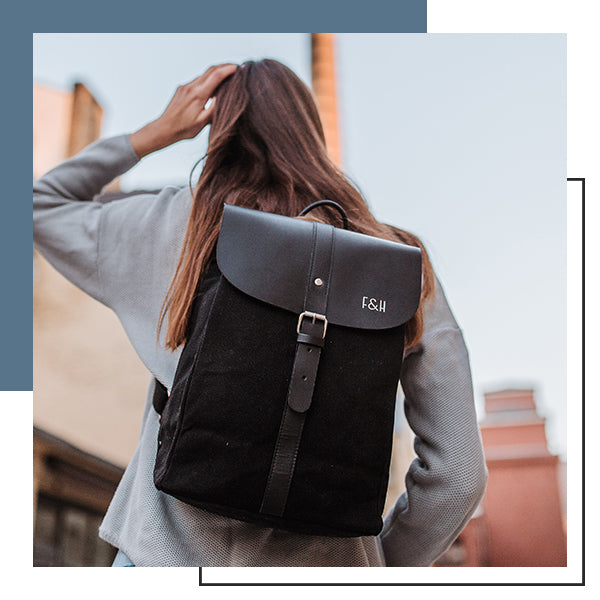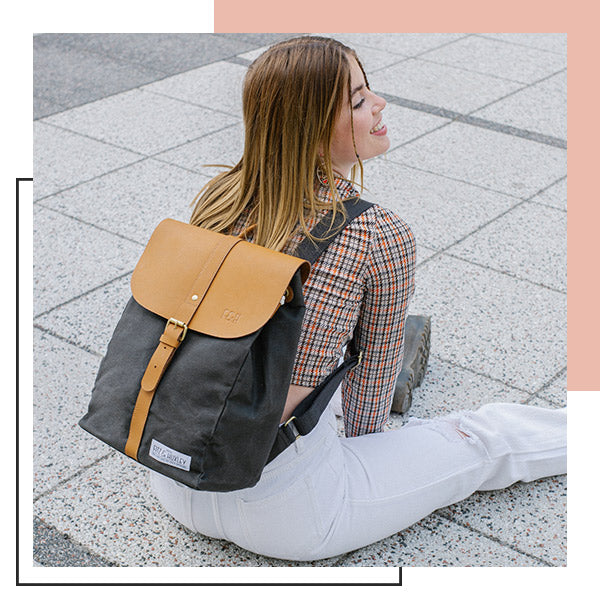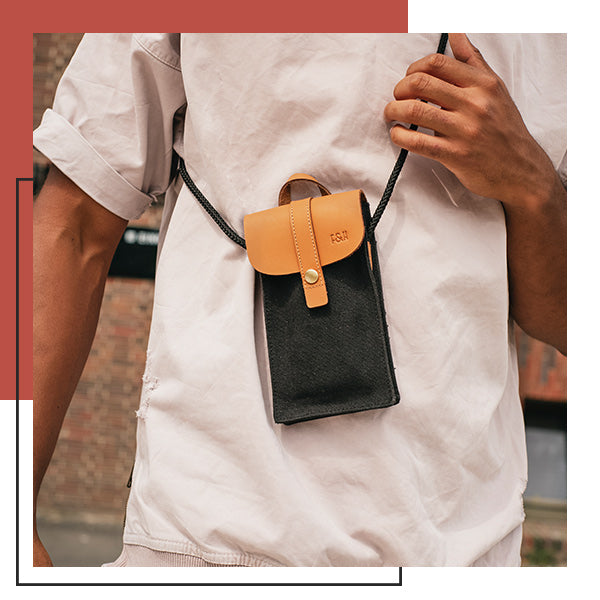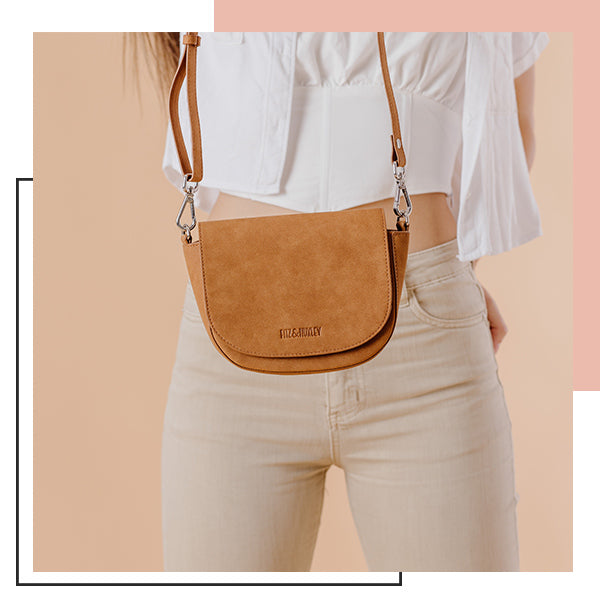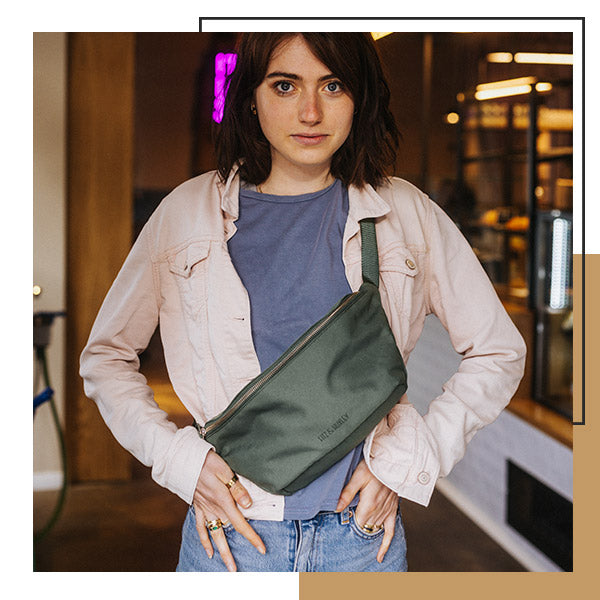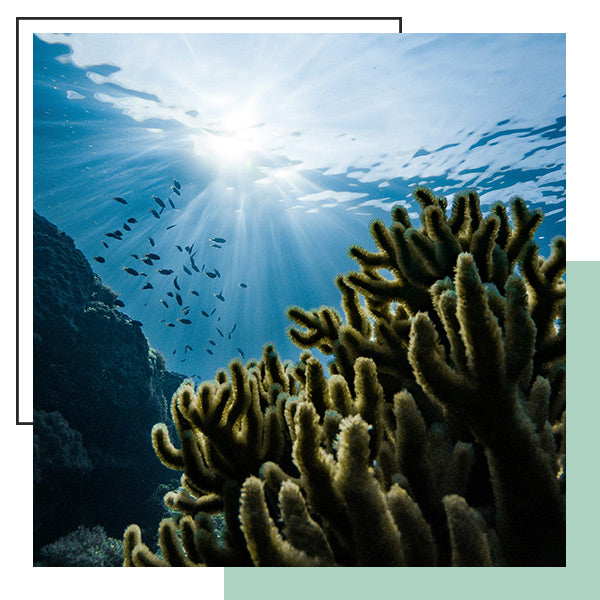If you have read the other answers to the FAQ, then you already know what makes the Fitz & Huxley OCEAN collection something special and ground breaking. We summarize it again for you:
- A sustainable product for everyone: sustainable products are usually more expensive or even really expensive. That makes sustainable action a luxury that not everyone can afford. We don't want that for our OCEAN collection! We can only save our planet if everyone can switch to sustainable products. That is why we are working with an innovative, cost-efficient approach to recycling Ocean Bound Plastic (see FAQ number 3).
- Protecting our planet: protecting the oceans means protecting the planet. Plastic or microplastics in our oceans have a variety of negative effects on marine animals and us humans. But especially on the marine ecosystem and thus global warming (see FAQ number 2).
- Garbage as a valuable raw material: in our profit-oriented world, producing “new” is often cheaper than recycling or repairing. Companies often do not have to carry cost for adverse effects on our environment. We want to lead the way and show that cost-effective recycling is possible.
- Certification and verifiability: our promise to you and our planet is certified and controlled. We are proud to be the world's first backpack brand with a fully certified supply chain, controlled by an independent organization (see FAQ number 5).
- Helping people to help themselves: the supply chain for recycled Ocean Bound Plastic we have set up with our partners is the first of its kind in India. In terms of modern supply chains and production capabilities, India has so far been mostly defeated in competition with its rival China. In India, the handicraft of bag making is still very traditional. We want to change that! Together with our partners, we are moving forward and initiating a development process in India.
By paying people to collect rubbish, plastic waste suddenly gains in value and hopefully in the long term will lead to a rethinking of the indifferent disposal of waste by Indian society.

